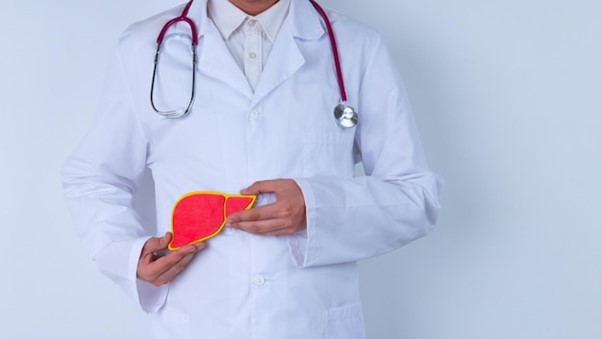Hydatid cysts, caused by the Echinococcus parasite, often affect the liver and lungs. Treatment typically involves surgery or medication to remove or shrink the cysts. However, recovery doesn’t end after treatment; ongoing care and lifestyle adjustments are essential for long-term health. Here’s what to expect post-treatment and how to manage life after hydatid cysts.
Recovery After Surgery: What to Expect
For many patients, surgery is required to remove the cyst, and sometimes part of the affected organ. After surgery, patients usually stay in the hospital for a couple of days to manage pain and begin recovery. During the first few weeks, patients must avoid strenuous activities and follow the doctor’s advice on wound care and medications to prevent infections. Pain management is crucial, and some patients may need medication to ease discomfort during recovery.
Post-Treatment Monitoring: Regular Check-Ups
Even after successful treatment, regular monitoring is necessary to detect any recurrence of hydatid cysts. Follow-up visits, typically every few months, include imaging tests like ultrasounds or CT scans to check for new cysts. Blood tests are also used to monitor organ function. Consistent check-ups ensure that any complications are caught early and managed effectively.
Managing Symptoms and Complications
Some complications may arise after treatment, especially if the surgery involved the liver or lungs. Patients may experience digestive issues, fatigue, or localized pain. These symptoms can be managed with additional medications, physiotherapy, or lifestyle changes. Close communication with healthcare providers is important to address any emerging health concerns during recovery.
Lifestyle Adjustments: Diet and Activity
Adopting a healthy diet is crucial for recovery, particularly if the liver was affected. A balanced diet rich in vitamins and minerals supports healing and energy levels. Patients are encouraged to start with rest but gradually incorporate light exercise once cleared by their doctor to improve circulation and overall health.
Psychological Impact: Coping with Emotional Stress
The emotional toll of hydatid cyst treatment can be significant. Anxiety, stress, or fear of recurrence may arise. To cope with emotional struggles during recovery, seeking help from a counsellor or Being a part of support groups can be an effective way to ensure mental well-being.
Moving Forward with Confidence
Post-treatment care for hydatid cysts goes beyond physical healing. By maintaining regular check-ups, managing symptoms, making lifestyle changes, and addressing emotional health, patients can lead a healthy and confident life after treatment.

